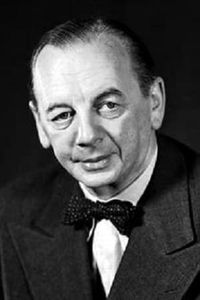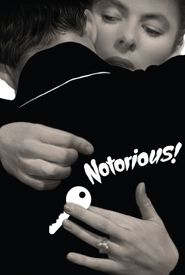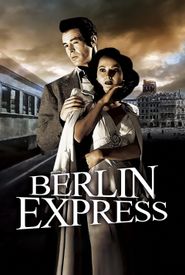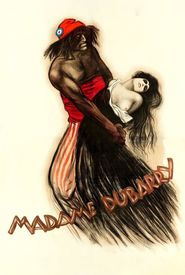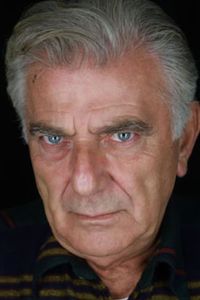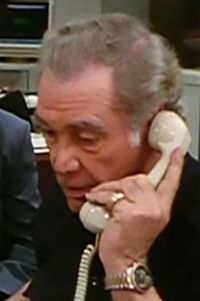Here is the biography of Paul Schünzel:
Paul Schünzel was born in St. Pauli, Hamburg, to a German father and a Jewish mother. Despite his father's initial aspirations to become an actor, economic circumstances forced him to turn to commerce. Schünzel followed in his father's footsteps, undertaking business studies and starting his professional career in the publishing industry. However, he soon became enamored with the acting profession, honing his skills with theatrical companies in Switzerland and Berlin for three years.
Schünzel made his screen debut in 1916 and quickly diversified into directing. He alternated between directing and acting, proving to be a versatile performer who excelled in both light comedy and dramatic roles. As a director, he gained recognition for his epic historical dramas, including "Katharina die Große" (1920),which allowed him to establish his own production company.
Schünzel was influenced by established filmmakers Richard Oswald and Ernst Lubitsch, and his work often reflected the satirical and mythologically-themed style of Lubitsch. His 1935 film "Amphitryon" became Ufa's number one box office hit, boasting above-average production values and a touch of the "Lubitsch touch."
Schünzel's other notable directorial efforts included the original drag comedy "Victor and Victoria" (1933) and the social satire "Die englische Heirat" (1934). Despite his Jewish background, the Nazi regime granted him the title of "Ehrenarier" (honorary Aryan) and permitted him to continue working, but this later proved detrimental to his career.
In 1937, Schünzel left Germany, frustrated with governmental interference in his projects, and eventually found work in Hollywood. He directed three films, including the operetta "Balalaika" (1939) and the romanticized biopic "New Wine" (1941),which suffered from miscasting. The latter was released by United Artists and starred Joan Crawford, who suffered a significant career setback with this film.
Schünzel's return to acting was marked by typecasting as academics or Nazis, with his most memorable performance being the sinister scientist Dr. Anderson in Alfred Hitchcock's thriller "Notorious" (1946). After 1949, he returned to Germany but found work opportunities scarce. Schünzel died in November 1954 of a heart ailment following a visit to the cinema.
